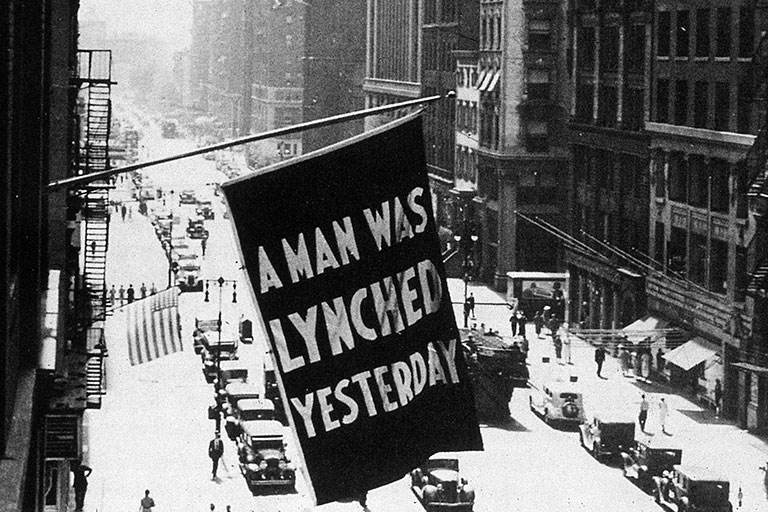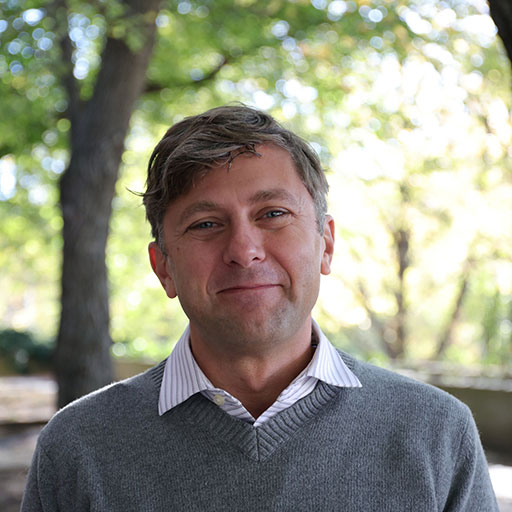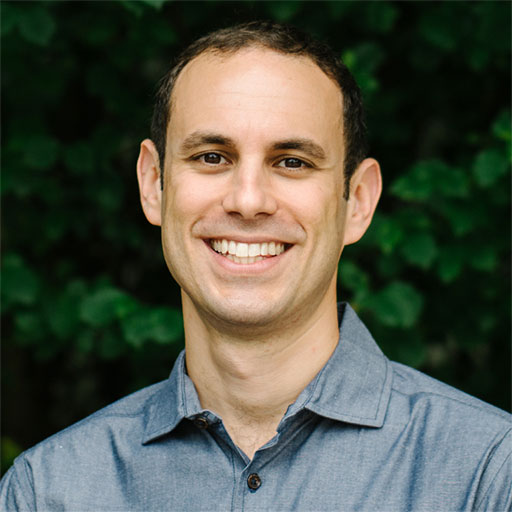As it enters its third year, IU Bloomington's Platform: An Arts & Humanities Research Laboratory is living up to its name, providing a means for faculty and students to disseminate new and inspiring research and ideas.
During the 2021-22 academic year, the focus for many of those ideas will be "Racial Justice Indiana", as part of Platform's Indiana Studies area.
Platform was established at IU Bloomington in 2018 to allow arts and humanities scholars to connect across disciplines and academic areas. Three years in, it's evolving into a unique, cross-cutting collaboration that reaches well beyond campus boundaries, according to Ed Dallis-Comentale, who co-leads Platform.
“The work being done through Platform now is team-based and project-driven,” said Dallis-Comentale, who is also professor of English at IU Bloomington, director of the IU Bloomington Arts and Humanities Council, and associate vice provost for arts and humanities. “The projects are fully multidisciplinary, merging the methods and values of the arts and humanities in dynamic ways, and fully public-facing, focused on community engagement and community reflection.”
The current Indiana Studies focus on race is pushing public engagement in new directions, according to Alberto Varon, faculty director of the 2021-22 Indiana Studies team.
“The projects are not just scholarly collaborations,” said Varon, who is also associate professor of English and director of the Latino Studies Program at IU Bloomington. “They are developed in conjunction with our communities and designed as participatory; they’re really looking toward how our work as researchers can reach beyond the academy with innovative new approaches to the thorny issues that face the state.”
Varon and many of the Indiana Studies racial justice program's faculty team members are also affiliates of IU Bloomington’s Center for Research on Race and Ethnicity in Society.
"Racial Justice Indiana" will encompass six projects from fall 2021 through spring 2022. Alex Lichtenstein, IU Bloomington professor of history, is co-leading "Unmasked: The Anti-Lynching Exhibits of 1935 and Methods of Public Community Remembrance in Indiana." Rasul Mowatt, professor of American studies and geography, and Phoebe Wolfskill, associate professor of African American and African Diaspora Studies and of American Studies, co-lead the project.
"Unmasked" reimagines two antilynching art exhibitions held in New York City in 1935 to increase public awareness of a federal antilynching bill being considered at the time. U.S. lynchings were prevalent in the late 19th and early 20th centuries, including the widely known hanging of two Black teenagers in Marion, Indiana, in August 1930.
Using high-resolution digital reproductions, Lichtenstein and his collaborators plan to create an art installation displaying works that appeared in the original exhibits. The first phase of the project is a special workshop to be held during fall 2021. The workshop will involve academics and activists from around the country who are doing remembrance work in their communities, such as Karlos Hill, a community-engaged scholar from University of Oklahoma who is deeply involved in commemoration of the 1921 Tulsa Race Massacre.
"Our project's main goal is to jump-start conversations about protest and representational forms, including debates about whether and how some of the most gruesome lynching images should be displayed," Lichtenstein said. "Overall, this project points to important concerns and conflicts about best way to protest racism, which is very reflective of contemporary discussions today."
Additional projects in Platform's "Indiana Studies: Racial Justice Indiana" include:
- "Fighting for Citizenship: Indiana’s Black Military Histories": Michelle Moyd, Ruth N. Halls associate professor of history and associate director of the Center for Research on Race and Ethnicity in Society, is examining the hidden histories of Black soldiers in and from Indiana and their status within the state’s history.
- "Ghosted: Re-Visioning Black Movie Culture in Indianapolis": Cara Caddoo, associate professor of history and media, and Terri Francis, associate professor of cinema and media studies and director of the Black Film Center/Archive, are creating an audio documentary that recaptures the lost history of Indiana Avenue and other historically Black neighborhoods in Indianapolis where Jim Crow-era Black theaters and churches that provided film screenings once stood.
- "Passport Photo Project": Vivek Vellanki, visiting assistant professor of education, is asking up to 100 migrants and refugees living in Southern Indiana to transform passport photos in visual ways that reflect their own self-images and lives in southern Indiana.
- "Restorative Foodways": Keitlyn Alcantara, assistant professor of anthropology, and Olga Kalentzidou, lecturer in the Department of Geography, are exploring food as medicine, food sovereignty, and food justice to address inequalities built into the fabric of the university and the community at large.
- "Speculative Fault Lines: Uncovering Fugitive Histories/Embodying Radical Futures": Collaborating IU faculty performing artists and writers Stafford Berry, Selene Carter, Maria Abegunde Hamilton, DeWitt Kilgore, Eric Mayer-Garcia, Tanya Palmer, Rebekah Sheldon, and Raymond Wise are creating a variety of events as if they are pre-production episodes for a speculative TV series. Each “episode” in the series will envision alternative futures built on the fault lines of race, class and gender.
"By late spring 2022, these projects will be offering public events, but the projects won’t conclude," Varon said. "They are all envisioned as evolving, as next steps and new versions that will be co-created down the road."
The Platform: Arts and Humanities Laboratory was created with a $1 million grant from the Andrew W. Mellon Foundation and support from IU Bloomington’s Offices of the Provost and the Vice Provost for Research. Jonathan Elmer, professor of English at IU Bloomington and director of the College Arts and Humanities Institute, co-leads the project with Dallis-Comentale.
For more information on Platform and its programs, visit the Platform website.




